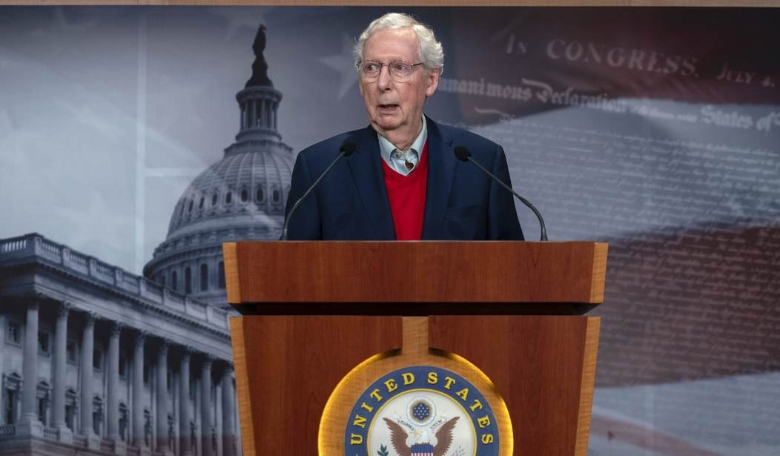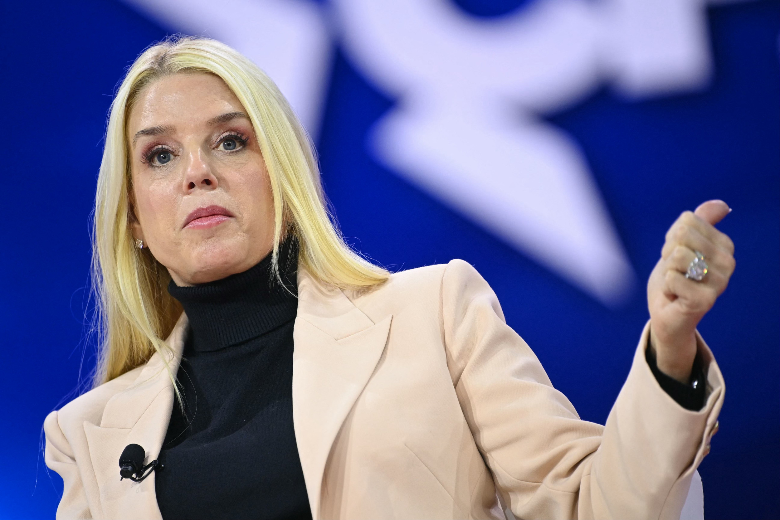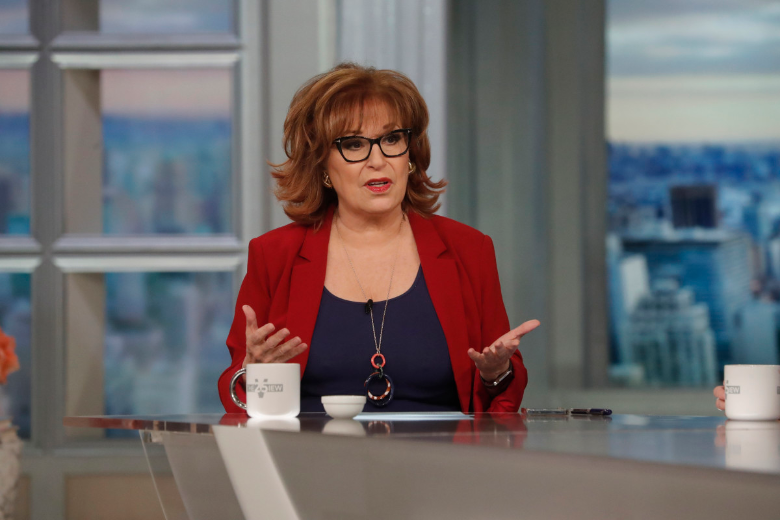The battle over Robert F. Kennedy Jr.’s nomination as Secretary of Health and Human Services (HHS) is reaching a boiling point, with over 17,000 doctors rallying against him. Spearheaded by the Committee to Protect Health Care, a dark money political action committee (PAC), the campaign is urging senators to reject Kennedy’s appointment, claiming his controversial views pose a threat to public health.
Their stark warning has thrown Kennedy’s nomination into the spotlight, sparking fierce debate about leadership in public health and the influence of PACs in political decisions.
The Committee to Protect Health Care released a scathing letter condemning RFK Jr.’s nomination. The PAC’s statement brands Kennedy as unfit for the role, citing his history of opposing vaccines and promoting conspiracy theories.
“As physicians who care deeply about the health and safety of our patients and communities, we are appalled by Donald Trump’s reckless decision to appoint Robert F. Kennedy Jr. as Secretary of Health and Human Services (HHS),” the letter declares.
The letter accuses Kennedy of undermining public trust in health institutions, spreading disinformation, and posing a direct threat to the well-being of millions of Americans.
“RFK Jr. is not only unqualified to lead this essential agency—he is actively dangerous,” the statement continues. “His actions and rhetoric have placed vulnerable communities at risk and jeopardized the integrity of our public health system.”
Kennedy’s nomination has divided opinion nationwide. A longtime critic of pharmaceutical companies and government health agencies, RFK Jr. has garnered support from those who see him as a fearless advocate for transparency and reform. However, his vocal opposition to vaccines and other public health measures has alienated large portions of the medical community.
The Committee to Protect Health Care’s letter reflects this tension, condemning Kennedy’s leadership style as antithetical to the principles of public health.
“His appointment is a slap in the face to every health care professional who has dedicated their lives to protecting patients from preventable illness and death,” the statement reads.
The PAC’s letter also criticizes Kennedy’s focus on controversial issues, arguing that HHS leadership should prioritize addressing critical healthcare challenges like rising prescription drug costs, systemic barriers to care, and public health crises.
The involvement of the Committee to Protect Health Care, a PAC with undisclosed funding sources, has raised questions about the role of dark money in political debates. While the organization frames itself as a defender of evidence-based medicine and public health, critics argue it represents powerful interests aligned with the medical and pharmaceutical industries.
Supporters of RFK Jr. have pointed to the PAC’s financial backing as evidence of an orchestrated effort to block his nomination in favor of a candidate more aligned with industry norms.
The campaign against Kennedy has sparked widespread debate on social media, with critics and supporters voicing their views in often heated exchanges.
Detractors argue that Kennedy’s nomination undermines public health initiatives, while advocates praise his willingness to challenge powerful institutions. The PAC’s letter amplifies concerns that Kennedy’s appointment would destabilize public health systems.
“This appointment is an affront to the principles of public health,” the letter states. “RFK Jr.’s legacy of spreading disinformation places lives at risk and undermines trust in our healthcare system.”
The controversy over RFK Jr.’s nomination highlights a broader crisis of trust in public health institutions. In recent years, conflicting information, political polarization, and perceived overreach during the COVID-19 pandemic have eroded confidence in health authorities.
While the Committee to Protect Health Care frames its opposition as a defense of science and evidence-based medicine, critics argue its stance perpetuates the same policies that have alienated many Americans.
Kennedy’s nomination represents a flashpoint in this larger debate, with his critics emphasizing the risks of placing a divisive figure at the helm of HHS.
As the Senate prepares to vote, the stakes are enormous. Kennedy’s nomination is not just a test of his qualifications but a referendum on the future of public health leadership in America.
Will senators side with the medical establishment and reject RFK Jr., or will they embrace his call for reform and transparency? The decision will have far-reaching consequences for the nation’s healthcare policies and public trust in its institutions.
The outcome of this contentious battle will shape the trajectory of the U.S. healthcare system and its leadership for years to come. Whether Kennedy is confirmed or rejected, the debate surrounding his nomination underscores the deep divisions and high stakes in the fight over America’s health policy.



These doctors will have to answer to the American people. We will not tolerate anyone interrupting President Trump’s agenda. We voted him in to stop the radicalism of these groups. They need to move to Communist countries if they want this kind of lifestyle. We Conservatives are absolutely fed up with them. God will win, and they will not be successful.
of course old frog face would be in on it.
The only threat from mister Kennedy is to the health industries bottom dollar. Think of the money they stand to lose. Of course they are against him!!!!! This also includes food manufacturing.
I embrace his call for reform and transparency.
It is time to do something about Big Pharma and bloated medical bills by the Establishment Elite.
I would guess that many of these supposed health care professionals are the same ones who signed the letter stating that Ivermectin would do nothing against covid and was dangerous! But as soon as Biden was sworn in their tune changed and some Dr’s actually were givivg it to their patients to moderate the effects of the flu! Doctors, like movie stars , should stay out of politics and instead try to remember what they are noted for ,which isn’t brilliant thinking. Both groups are more concerned with making as much money as possible and supporting the liberal agenda to the point where their thinking is seriously impaired!
RFKs controversial views are a threat to public health according to 17000 drs. Of these 17000 how many supported a covid shot that wasn’t tested and is killing people!!! Or spread misinformation about the covid shot!!! Or how herd immunity didn’t work against covid???? I’ll take my chances with RFK jr